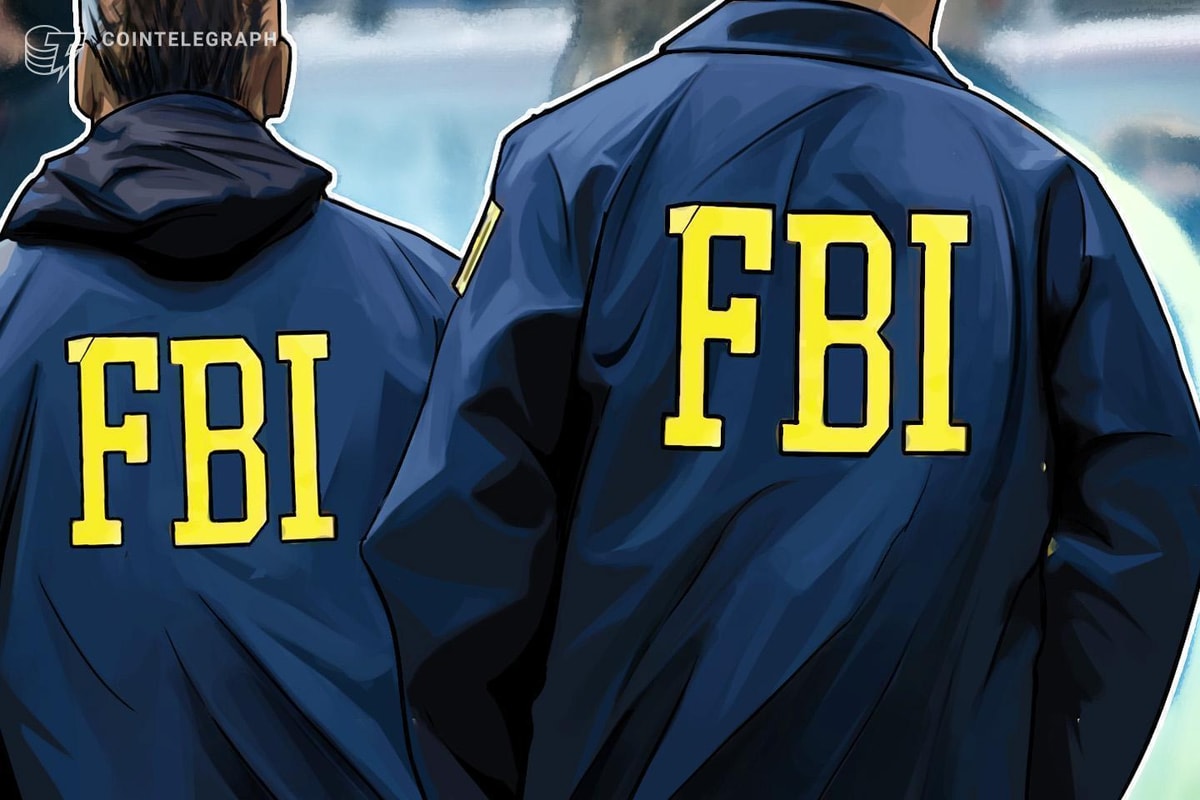Ripple may be holding its breath a bit longer after a United States district court judge refused to rule on if the secondary sale of LBRY Credits (LBC) constitutes a security.
On July 11, Judge Paul Barbadoro of the U.S. District Court for the District of New Hampshire made the ruling in the case that the United States Securities and Exchange Commission (SEC) brought against the decentralized content platform LBRY.
The ruling may have offered legal precedent to fellow district court Judge Analisa Torres, who is set to decide on the SEC’s case against Ripple in the coming months.
In his ruling, Barbadoro said:
“Accordingly, I take no position on whether the registration requirement applies to secondary market offerings of LBC.”
A secondary market is where traders buy and sell securities, while a primary market involves trading from the company issuing the security directly.
John Deaton, a U.S. lawyer representing thousands of XRP (XRP) tokenholders, tweeted on July 11 that he contacted Barbadoro to seek clarity on if LBC constituted a security.
Barabadoro ultimately decided to uphold his “judicial restraint,” Deaton said.
I asked the Judge to clarify that the token itself is not the security just as Judge Castel did in Telegram. He declined to do so because he said that specific issue wasn’t litigated and he believes in exercising judicial restraint. He wrote: “it suffices to say that merely… https://t.co/xR9AemS5Hq
— John E Deaton (@JohnEDeaton1) July 11, 2023
Barbadoro’s latest opinion is an about-turn from what he concluded in a January appeal hearing where Deaton persuaded him that the secondary sale of LBC doesn’t constitute a securities offering.
The New Hampshire judge clarified in the appeal hearing that LBC is only considered a security when the sale is made directly.
The SEC also admitted that secondary market LBC sales don’t constitute a security.
While the SEC won a summary judgment in November 2022, it elected to settle for $22 million at an appeal hearing on Jan. 30.
In May, the SEC revised the figure and instead asked the court to impose a fine of $111,000, citing LBRY’s “lack of funds and near-defunct status.”
Related: The aftermath of LBRY: Consequences of crypto’s ongoing regulatory process
Meanwhile, Jeremy Hogan, a U.S.-based attorney and Ripple advocate, told Cointelegraph that Judge Analisa Torres would likely make her ruling within the next couple of months.
“We’ll have the big picture sometime in the next two months, and, unless Ripple completely wins, we’ll know the details before the end of the year. If the details are bad, then we will see appeals that will drag on for a long time.”
“But [that] won’t really matter for a typical XRP holder,” he added.
The final ruling is out in the SEC v. LBRY case.
— Jeremy Hogan (@attorneyjeremy1) July 11, 2023
The Judge did not rule on secondary sales (or, not surprisingly, the Major Questions Doctrine). He enjoined further violations and issued a penalty.
Is a similar result possible in the Ripple case? https://t.co/6bOl34UKpo
Collect this article as an NFT to preserve this moment in history and show your support for independent journalism in the crypto space.
Magazine: Crypto Twitter Hall of Flame: Pro-XRP lawyer John Deaton ‘10x more into BTC, 4x more into ETH











